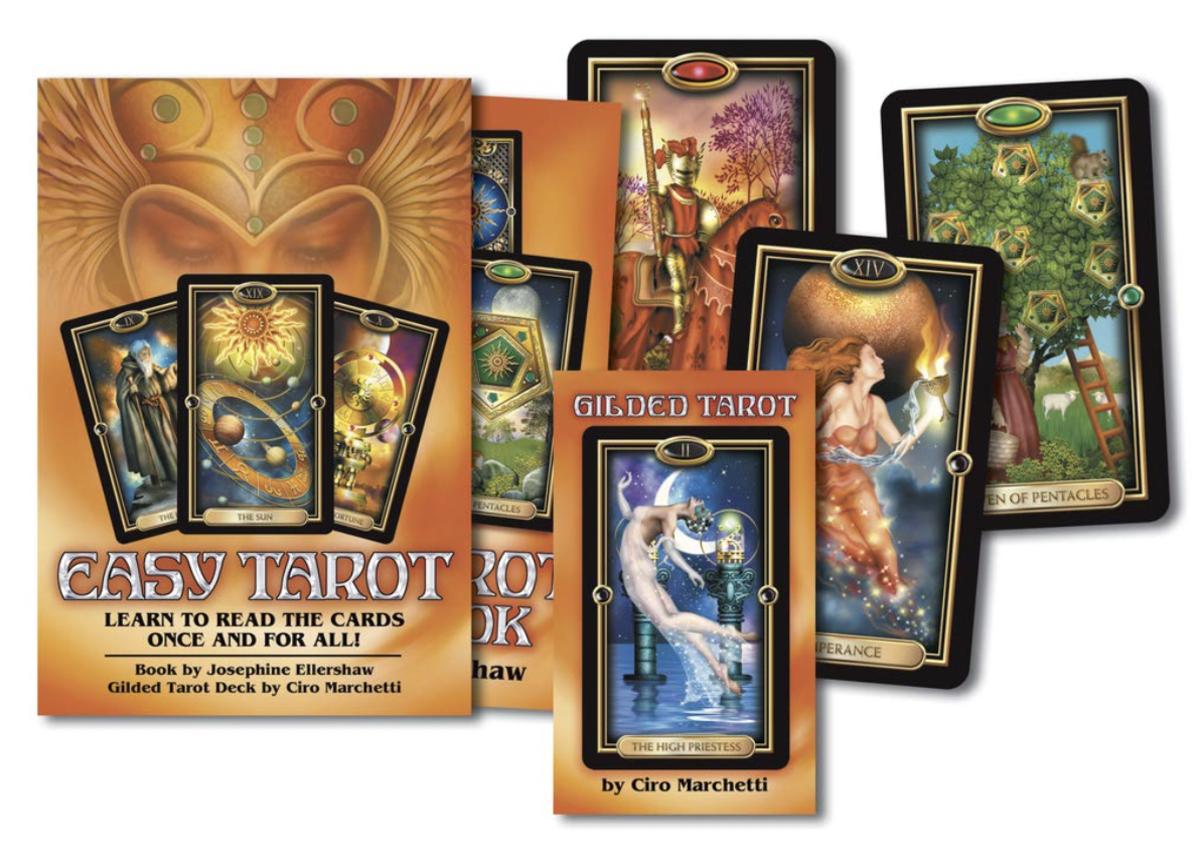
The Seven of Cups is a card of temptation, and the need for you to make a decision. This card is also a symbol of caution and the need to consider all options. The Seven of Cups can make you feel like the grass is always greener. This can leave one feeling indecisive and unsure.
Tarot Seven of Cups
If the Seven of Cups appears in your Tarot readings, it means that you are open-minded to the possibility of meeting someone new. This card is also a sign of your confidence in your future plans. This card is a sign that you are ready to take calculated risks and pursue your dreams.

Meaning
There are many emotions that the Seven of Cups can signify. It can signify indecision, confusion, or a lack of direction. It can also indicate that you are not yet able to make up your mind about a particular person. This can be an indication of fantasies, or a crush.
Interpretation
The Seven of Cups in love tarot readings can suggest indecision. The person is uncertain about what they want and needs to consider their options. This card can also signal a potential breakup. The person feels that there is more to life than what they see.
Indecisiveness
The Seven of Cups can be an important card in Tarot. It can also be used to indicate indecision. This card may indicate that a person feels tempted or compelled to make a bad decision. It is possible that they feel the grass is always greener on the other end, or they might be feeling undecisive about a partnership. This could be a sign that it is time to have an honest conversation with your partner.

Relationships
The Seven of Cups could be interpreted as second thoughts in a couple. The person may feel like the grass is greener on the other side, and they may not be motivated to change their current situation. This can be a signal that they need to have a difficult discussion about your current circumstances.
FAQ
Why do we have hobbies?
Hobbies are an important part of our lives because they give us time to relax, unwind, think creatively, exercise, socialize and enjoy ourselves. You can also learn new skills and develop lifelong interests.
Hobbies can help us find meaning and purpose.
They are great for spending your free time when there's not much else.
They're even fun!
You probably don’t have enough time to pursue hobbies.
You have many choices. If you don't have a hobby yet, then maybe you should start one today!
How do I find a hobby that interests me?
You may feel overwhelmed when you start your quest to find a hobby.
You might think, "I'm not very talented," "I struggle at sports," "I don't really know anything."
The truth is that you likely already have a lot experience in your chosen hobby.
It's only that you don't know it yet.
Take a look around your house. How much stuff are you able to store?
Do you still have toys?
Perhaps you have a collection.
You might have always wanted the ability to cook.
Or perhaps you would just like to learn how to play the guitar again.
It doesn't matter what it is, you can probably turn it into a hobby.
It is important to recognize that you already have a lot of experience to draw from.
You'll find a hobby that fits your lifestyle once you do.
What is the cost of a hobby?
Hobby costs nothing except time. It can take many years to accomplish what you desire if you are serious about it.
However, there is something that can help. It's called "passion." If you are passionate about what you do, it will be easier to work hard and make progress.
And once you start putting in those hours, you may find that you become addicted to the activity. This is where the real joy begins. Because you are enjoying what you are doing and are constantly improving. This will mean that you will have likely made significant improvements by the end.
It doesn't matter how long it takes. Try it! You may be surprised.
Can I make a living from my hobby and earn money?
You can have many hobbies that lead to extra income.
If your hobby is a passion, you may be able to sell related items.
If you're a collector of stamps, you may be interested in establishing a website to sell them.
This way, you can earn extra income without having to go through the hassle of actually buying and selling the stamps.
Another option is to create a YouTube Channel where you can talk about your hobby.
This allows for you to share your passions with others and can potentially generate additional income by providing premium content.
What are educational hobbies, you ask?
An educational hobby is an activity where you learn something by doing it. This could include anything from learning to play an instrument to playing sports.
The key thing is that it should be fun and enjoyable for you. It doesn't have to be done all the time. However, if you get bored of it, you should think about other things you can do instead.
You also want to ensure you're not spending too much on these activities because they can end up costing you more than they're worth.
Statistics
- Almost 80% of people claim to have no hobby. (hobbylark.com)
- The intensity of the dialogue partners' bond at the end of the forty-five-minute vulnerability interaction was rated as closer than the closest relationship in the lives of 30 percent of similar students. (time.com)
- Studies show that just six minutes of reading can reduce stress levels by 60 percent. (oberlo.com)
- A new survey by Pew Research Center of teens ages 13 to 17 finds that 36% of girls feel tense or nervous about their day every day; 23% of boys say the same. (pewresearch.org)
- This 100% accurate personality-analyzing hobby quiz discovers your passion based on your characteristics. (quizexpo.com)
External Links
How To
How to begin gardening
Gardening has been around since the dawn of agriculture. It requires persistence, patience, and determination. The first step to starting a garden is to pick a spot where you will grow food. This could be on a large piece of land or in your backyard. Next, decide what type of plants you want to grow. Do you prefer flowers or vegetables? Some people like to grow herbs and others enjoy raising livestock, such as rabbits. Before you decide what crops to plant, you should think about how much space is available. If your climate is cold, you may decide to plant berries and fruits.
Once you have selected the plants you wish to plant, you should prepare your soil. Your plants' success or failure will depend on the soil they are placed in. A good soil has organic matter which helps to feed the roots of your plants. Organic matter can include leaves, twigs and grass clippings as well as manure and compost. After you have prepared the soil, you will need to add nutrients. You may need different amounts depending on what type of plants you are trying to grow. To determine these values, you can use a fertilizer calculator online. There are many fertilizers on the market, so ensure you understand what you are buying.
Now you need to wait for the seeds to germinate. The process can take between 2 and 3 months depending on how hot or cold it is in your region. Once your seeds have sprouted, you need to water them regularly. Overwatering your plants can lead to problems. Overwatering can cause problems. Overwatering can cause root rot or fungal diseases. Remember that plants need less water in the summer than they do in the winter. Some plants must be dried out after being watered. For example, tomatoes need to stay slightly moist but not wet. Soggy soil is not good for them. After they have finished flowering, they must go dormant. Dormancy occurs when plants stop producing any new growth and start to store energy for the next harvest. Dormancy occurs when the plant stops sending signals that tell its roots to produce food. Throughout this time, plants can store energy. The plant will eventually die if it is not given enough sunlight or temperatures below freezing.
Urban areas can limit your choices for plants. Concrete sidewalks and roads, as well as parking lots, are common in urban areas. This blocks sunlight from reaching the ground. Concrete absorbs light, preventing the soil underneath from getting adequate sun exposure. Because of this lack of sunlight, many plants cannot survive in cities. Fortunately, there are still many plants that can thrive in an urban environment. Many trees, shrubs, and perennials can adapt to city living. Many annuals are also possible to grow indoors in containers. You can have fresh greenery all year round with container gardens.
You are now ready to plant your garden!